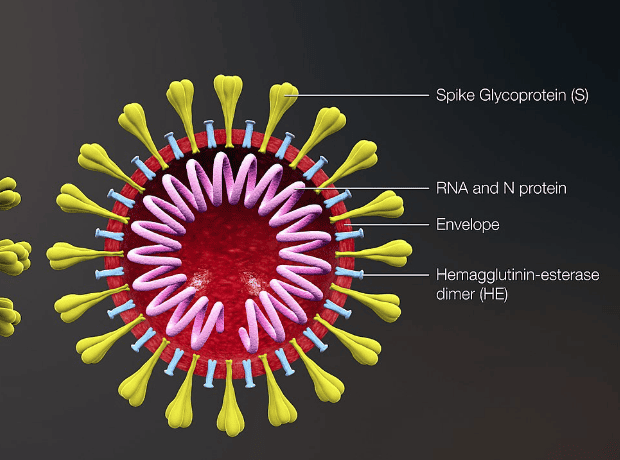As of this morning – Wednesday June 3 – the current recorded case count for COVID-19 (coronavirus) in the UK has hit 277,985 with 39,369 deaths.
Dosing has commenced in the UK Government-backed Phase II clinical trial assessing BerGenBio’s bemcentinib in hospitalised COVID-19 patients.
Bemcentinib was selected as the first candidate to be tested as part of the ACcelerating COVID-19 Research & Development platform (ACCORD) study, launched by the Department of Health and Social Care and UK Research and Innovation (UKRI) at the end of April.
ACCORD essentially brings together a single, UK-wide clinical trial platform to rapidly test potential drugs through early stage clinical trials and feed them into the UK’s large-scale COVID-19 studies.
The first patient has been dosed with bemcentinib at the University Hospital Southampton NHS Foundation Trust. The Phase II study, which is open in a further seven sites across the UK, will recruit 120 subjects in total, assessing the safety and efficacy of bemcentinib as an add on therapy to standard of care (SoC) in 60 hospitalised COVID-19 patients with a further 60 control group patients receiving SoC.
BerGenBio anticipates that top line data will readout later in the summer. If positive, the drug will then be advanced into large-scale Phase III trials in the UK.
The study is fully funded by the DHSC and UKRI and is being managed by clinical research company IQVIA. Drug material and other trial resources will be provided by BerGenBio.
“Initiating this clinical trial in such short order is the result of tremendous teamwork between my colleagues at BerGenBio and the teams at IQVIA and UHS, among many others,” said Richard Godfrey, the firm’s chief executive. “This illustrates exactly what can be achieved when we all work together and focus on delivering the best experimental drug candidates to patients that so urgently need them.”








